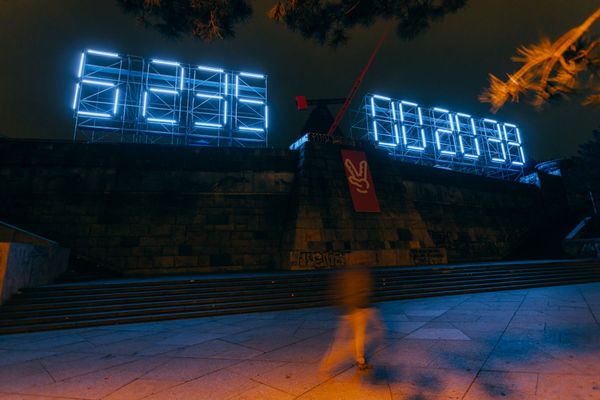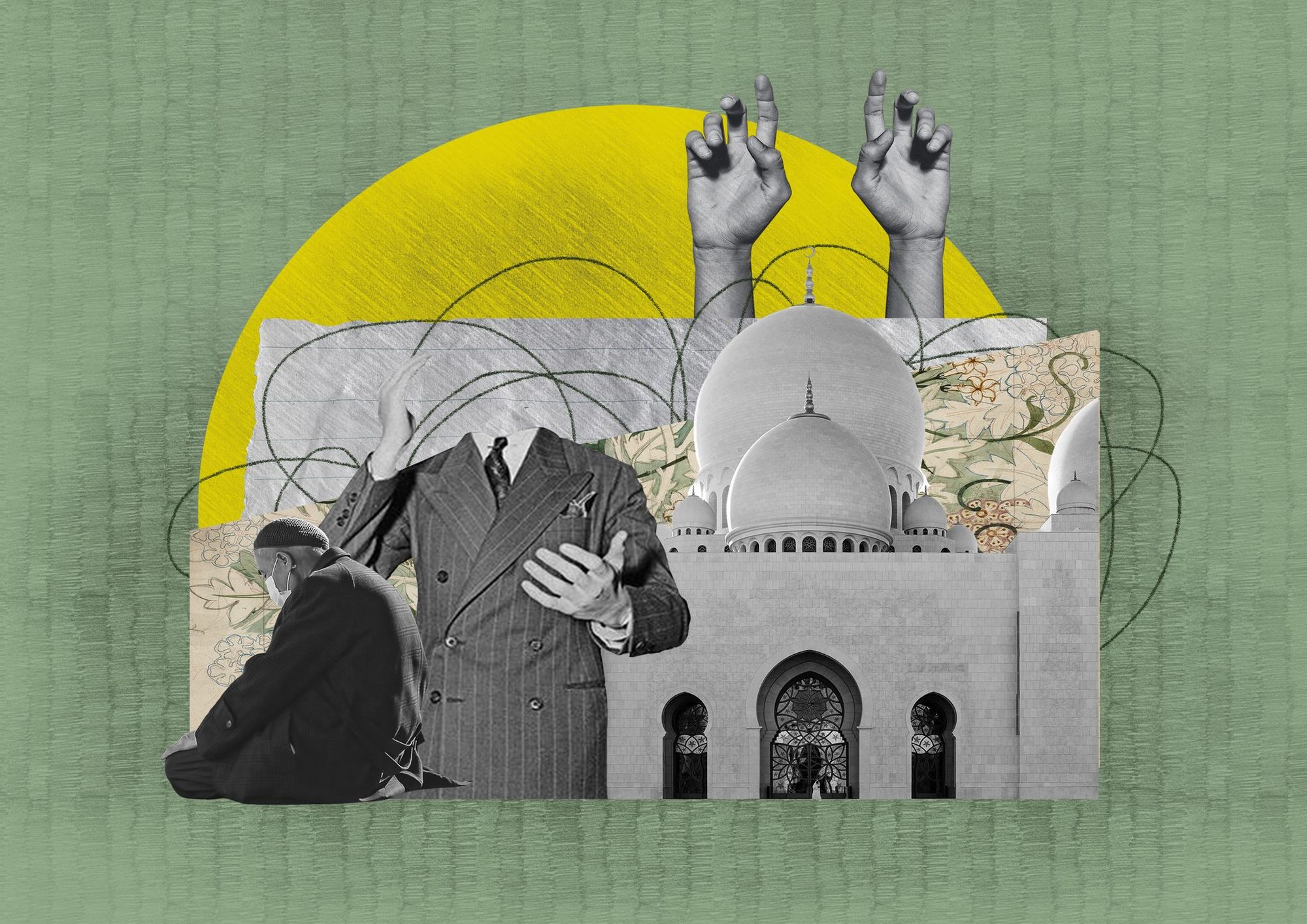It is hard to constructively talk about heavily politicized topics as they are often not seen as real societal questions anymore. The question of radical Muslims in Europe is a great example of this issue. Therefore, Austria’s Dokumentationsstelle Politischer Islam (DPI) faces many challenges because they monitor political Islam. They are often called xenophobic and Islamophobic only because of their research interests. Two representatives of DPI discussed the sensitive topic with experts from Hungary’s Migration Research Institute (MRI). Conference coverage from Hype&Hyper.
Ferdinand Haberl, DPI’s Deputy Director, began the conference by explaining why the public misunderstands their work. A distinction must be made between political Islam and Islam in general, the latter referring to the Muslims’ religion. DPI’s goal is not to keep records on all Muslims; it would be simply impossible as 7-10% of the Austrian population follows Islam. Most Austrian Muslims are integrated into society; they just want to practice their faith and keep their culture, and they see radical Islamists as at least as damaging as the majority of society. But what is political Islam that the DPI monitors? It refers to those groups who aim to use Islam as a base to consider themselves superior and as a tool to reshape a country's social and political system. They want to change the culture and society, even with violence. So, the most significant difference between Muslims in general, including conservative religious Muslims, and the followers of political Islam is that the latter group believes in their supremacy and wants to transform societies with massive violations of basic human rights.

DPI researcher Alexander Welssenburger stressed that Muslims in politics should not be confused with followers of political Islam; even a strongly conservative Muslim who is active in politics must be distinguished from the activists of political Islam. Viktor Marsai, MRI’s Director, added that they do not aim to make a value judgment against Islam. He believes religion has a place in politics, and Christian democratic political parties are active across Europe. The problem arises when a group becomes radically anti-establishment, threatening the coexistence of different groups in society. Omar Sayfo, a senior researcher at MRI, pointed out that different people label different things as extreme. He warned that we must be very cautious with our word choices to avoid confusion, as the public often interprets terms differently than the researchers; for instance, their understanding of „political Islam” differs, as well as what counts as „radical” or „anti-establishment.”
Haberl said that dividing Muslims into a „peaceful” and an „aggressive” group is also misleading. The focus is never on faith; nobody’s religion is criticized, but they put emphasis on the individual and group narrative and interpretation instead. We can start talking about political Islam if the given narrative allows members to become violent and when the herd mentality divides society into „valuable true believes” and „less valuable non-believers.” Such groups must be controlled, and even some counteractions might be needed if they become too strong. Welssenburger deems the „peaceful-aggressive scale” inaccurate, as one can be aggressive without harming anyone. He believes the opposite of peaceful is violent, and violent groups’ room for manoeuvring must be limited as much as possible.

According to Marsai, those who want to influence narratives and ideologies must be stopped. He admits, as a Catholic, that Christianity can also go in extreme directions and unfavorably distort public discourse.
Sayfo links the vitality and survival of extremist groups with society’s integration capability. He said that he is critical of Europeans' approach to thinking that large groups can be pulled together with ideologies alone. A group will sooner or later disappear if it cannot give guided answers to everyday issues. So, if society rejects violent answers to certain questions, if there is no desire for them, then radical ideas and groups will eventually die out.
But, even if political Islam appeals to some social groups, they need support to survive. Welssenburger said that we should not only think about financial support, as intellectual contributions, such as the translation of specific works, are equally important. Soft power plays as crucial role as money or weapons in constructing a new narrative and dismantling society. Haberl and Marsai also highlighted that, in most cases, these radical Muslim groups only consist of a few hundred people and operate in the shadows independently of each other. But they are able to become the intellectual, economic, and political elite of some European Muslim communities, like the Muslim Brotherhood became, thus strengthening their power.

Sayfo agreed that many smaller groups aim to be the voice of Europe’s Muslims as they are currently a relatively fragmented population, with no voice being stronger than any others. Nonetheless, there have been several occasions when a person or group claimed to be the representative of everyone who adheres to Islam. This can be especially dangerous nowadays. In a divided, unstable world full of uncertainties, people naturally want to belong somewhere, and they start to follow a powerful figure if they see no other alternative for representation. So, rising Muslim voices can heavily influence public discourse. Haberl also said that the most dominant Muslim groups, such as Muslim Brotherhood, put a lot of emphasis on the development of their media presence. For example, when the Muslim Brotherhood protested in Cairo during the Arab Spring, they used both English and Arabic texts to attract media attention. But there were significant differences between their English and Arabic messages: in the former, they asked the people not to escalate the situation and remain peaceful, while in the latter, they urged protestors to take more drastic actions. The narratives can be shaped best by those with the greatest communication and who can find the most effective platforms to influence public discourse.
Graphics: Réka Pisla

Prague clock is counting down to stop climate change

Polish company designed the stadium seats for the World Cup in Qatar










